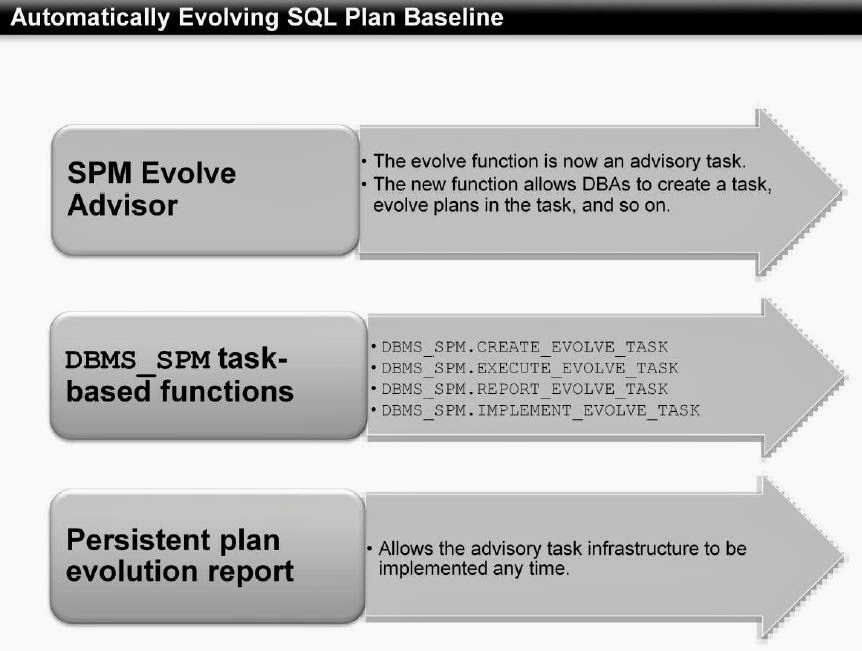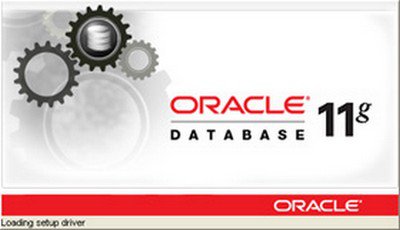How to Fix Insufficient Memory Errors in Aurora Postgres After Migration
Migrating to Aurora PostgreSQL can offer significant performance improvements, but it also introduces unique challenges, such as managing memory more effectively. Insufficient memory errors can lead to system instability and performance bottlenecks, which is why understanding how to address these errors post-migration is crucial. Aurora PostgreSQL introduces certain features aimed at proactive memory management, but …

